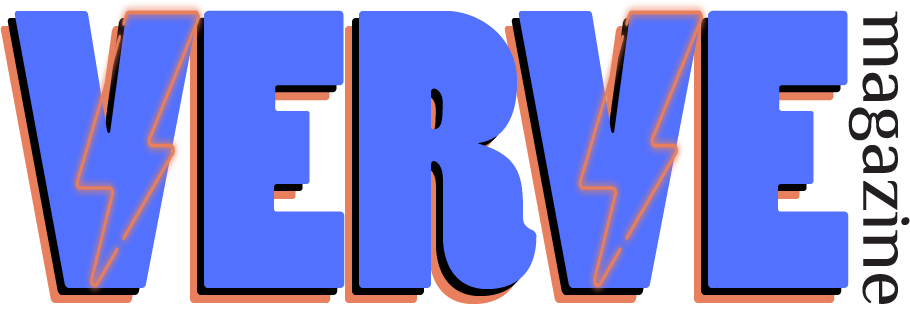Human beings are social animals, according to sociologists. Could that be true? Statistics say 20 people report abuse every minute, especially during the pandemic. It was as if the pandemic was escorted by domestic violence. Despite the increase, people did not stop dating. In fact, you might wonder why a woman will have more than 15 heartbreaks with battery experience and will still go into another relationship and experience the same. In my studies on domestic violence, I found abuse was prolonged for many reasons, including perception and not seeking help. Here are seven factors that will help you end and prevent dating violence, irrespective of your type of relationship.
- Seek Identity – Most relationship conflicts or crises are the precedence of identity issues. If you know who you are, not by saying, but that you are really sure, you will not allow just anybody in your life. Often, the inadequacies in your life are what attracted that wrong person to you in the first place.
- Heal from Trauma – Often, when you say, “I am fond of …,” is, invariably, “Trauma Bonding.” According to Medical News Today, trauma bonding occurs when a person experiencing abuse develops an unhealthy attachment to their abuser. They may rationalize or defend the abusive actions, feel a sense of loyalty, isolate themselves from others, and hope that the abuser’s behavior will change. Your childhood abuse and trauma will reflect in your relationship style with both the perpetrator and the survivor. Seek healing. Embark on a personal journey of healing. Go to therapy, read books, attend seminars, or get a coach.
- End the Relationship – Stop making emotional decisions; always use emotional intelligence. Yes, they will be nice on some days, treat you well, but then something happens, tensions build up, there is abuse, they blame you for it, say sorry, have sex with you, buy you a gift—and after two weeks of honeymoon, it will happen again. It is called the cycle of abuse. But once you embark on the healing journey, you will be clear about what happened to you and understand your real need. Then, you can define love appropriately.
- Be Intentional about Life – Once you know what you want, it is easier to know what you don’t want. Have a structure for your life by living with purpose every day. My question will be: what is your dream? What is your vision? What are your plans for that dream and vision fulfillment? What are your actionable goals towards fulfillment? I have a Purpose Clarity Workbook I can share with you for free, or you can read it on Amazon for free as well. Once you are clear about purposeful living, it will be clear that some people can’t fit into that purpose. Hence, you have to let them go.
- Be in a Community – I understand this is a western world where independence is solely embraced. But life is not designed for isolation. You may not have a father figure, but when an abuser knows that you have people that will stand up for you, they probably won’t take advantage of you. Abuse is an unacceptable wound that everyone in the community is willing to help you heal, but often we cover it, and the more you cover the wound without treatment, the more it stinks. Find your tribe, have a support system, and don’t live in isolation. Sometimes your social anxiety might be because you are around the wrong person. Find like minds that will grow with you. When you speak up, you will get help.
- Be spiritual – In my book, “Goodbye Domestic Violence,” I talked about spirituality as a means of empowerment. Even if you don’t believe in God, you must be able to set intentions in everything you do. Empower yourself spiritually. Pray, meditate, love, and engage in gratitude.
- Go and Help others – My first book was “Seven Steps To Emotional Healing.” It was a journal of my abusive experiences and how I walked through them. When I share my story, people will shed tears. But I share without bitterness toward anyone because the power of forgiveness has neutralized the poison of those traumatic events. That journal has helped many heal. Yours might not be to write; perhaps you will volunteer in a shelter or for a just cause. The Universe is counting on you to save someone out there.
To conclude, I have mentioned seven points that will help you to end abusive dating or prevent it. After your healing, don’t forget to help others. According to World Health Organization, 647 million people around the world have experienced domestic violence. Your story, a post per week on social media, and your kindness can impact one person at a time.

